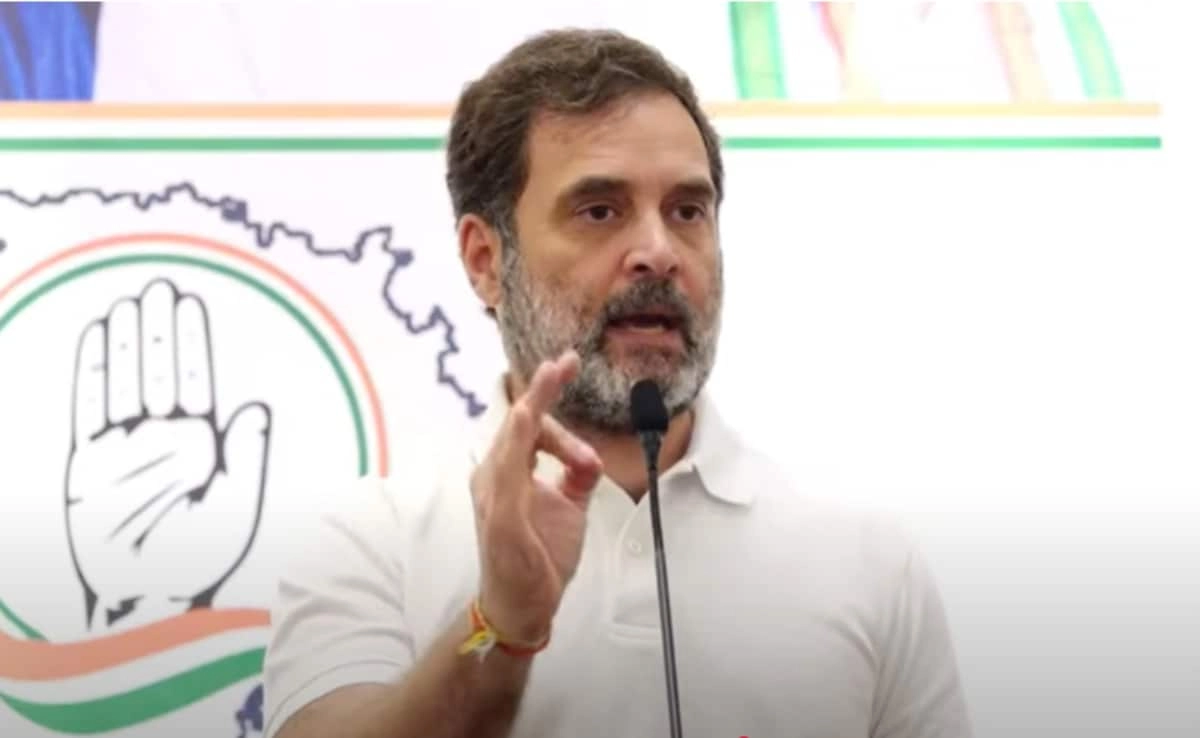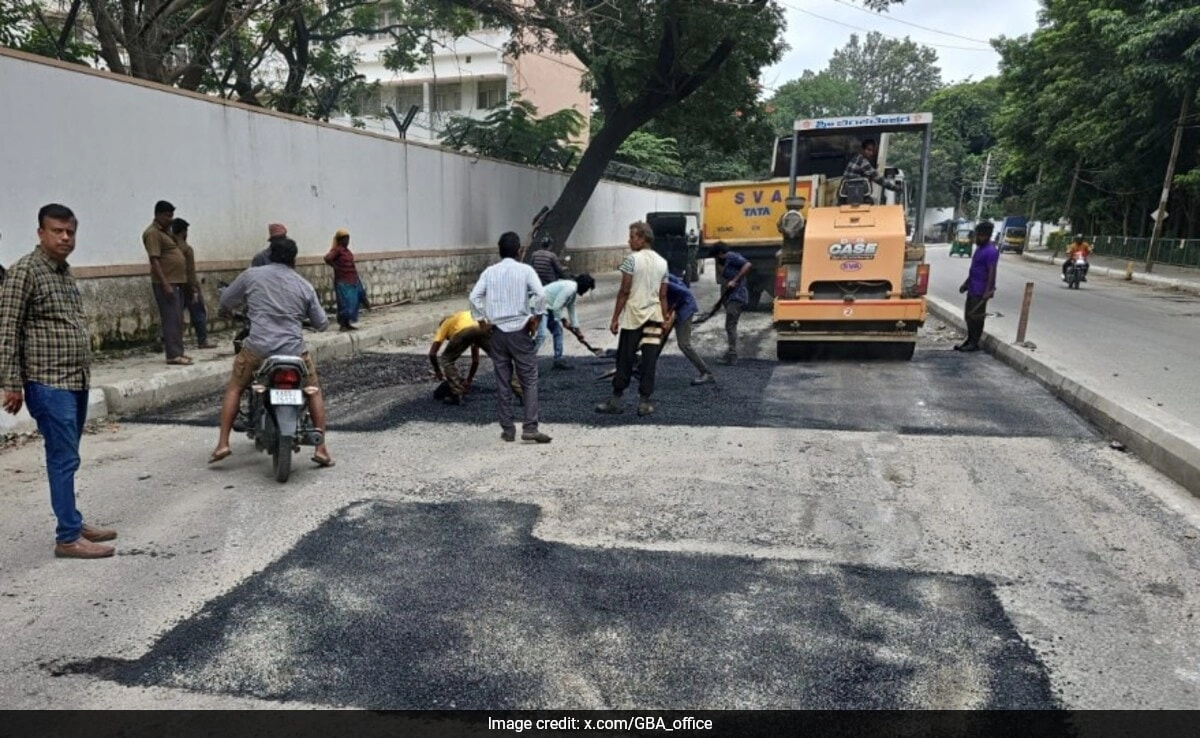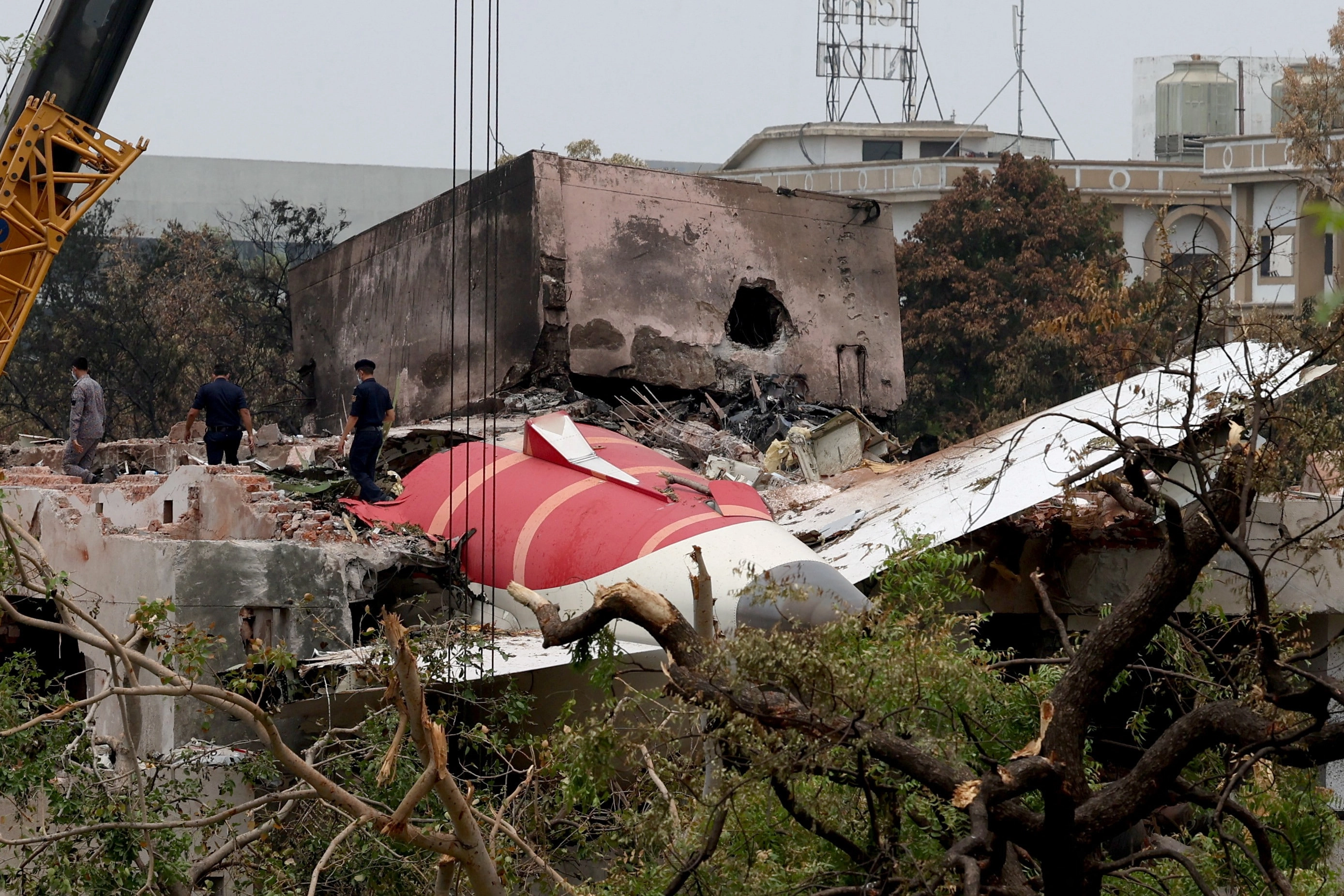Rahul Gandhi recently addressed a critical situation in West Bengal through a letter to the President, following a significant court ruling that led to the dismissal of 25,000 teachers. This decision has sparked widespread concern among educators and the public alike, prompting Gandhi to express his apprehensions about the implications for the state’s education system. In his correspondence, he highlighted the challenges faced by teachers who have devoted their lives to educating students and contributing to the development of the region. The abrupt termination not only jeopardizes the livelihoods of thousands but also raises questions about the future of education in West Bengal.
In his letter, Gandhi underscored the importance of stability and support for educators, especially in a time when quality education is paramount for the youth. He argued that the ruling could have far-reaching consequences, affecting not just the teachers but also the students who rely on them for guidance and knowledge. The loss of such a significant number of educators could lead to overcrowded classrooms, diminished educational quality, and a decline in student performance. He urged the President to intervene in the matter, advocating for a more humane approach that considers the ramifications of such a large-scale dismissal on the community and the state’s educational framework.
Gandhi’s appeal reflects a broader concern regarding the governance and management of educational institutions in India. The dismissal of these teachers raises questions about the hiring processes and the regulatory frameworks that govern employment in the education sector. He called for a comprehensive review of the policies that led to this situation, emphasizing the need for transparency and fairness in the recruitment and retention of teachers. By addressing these issues, Gandhi seeks not only to protect the rights of the affected individuals but also to ensure that the educational landscape in West Bengal remains vibrant and capable of nurturing future generations.
Overall, the letter serves as a poignant reminder of the challenges faced by the education sector in India and the critical role that teachers play in shaping society. Gandhi’s advocacy underscores the necessity for a balanced approach that prioritizes both the welfare of educators and the educational needs of students. As this situation unfolds, it remains to be seen how the stakeholders will respond and what measures will be taken to rectify the consequences of the court’s decision. The implications of this case extend far beyond West Bengal, resonating with teachers and students across the nation who are grappling with similar challenges in the ever-evolving landscape of education.




